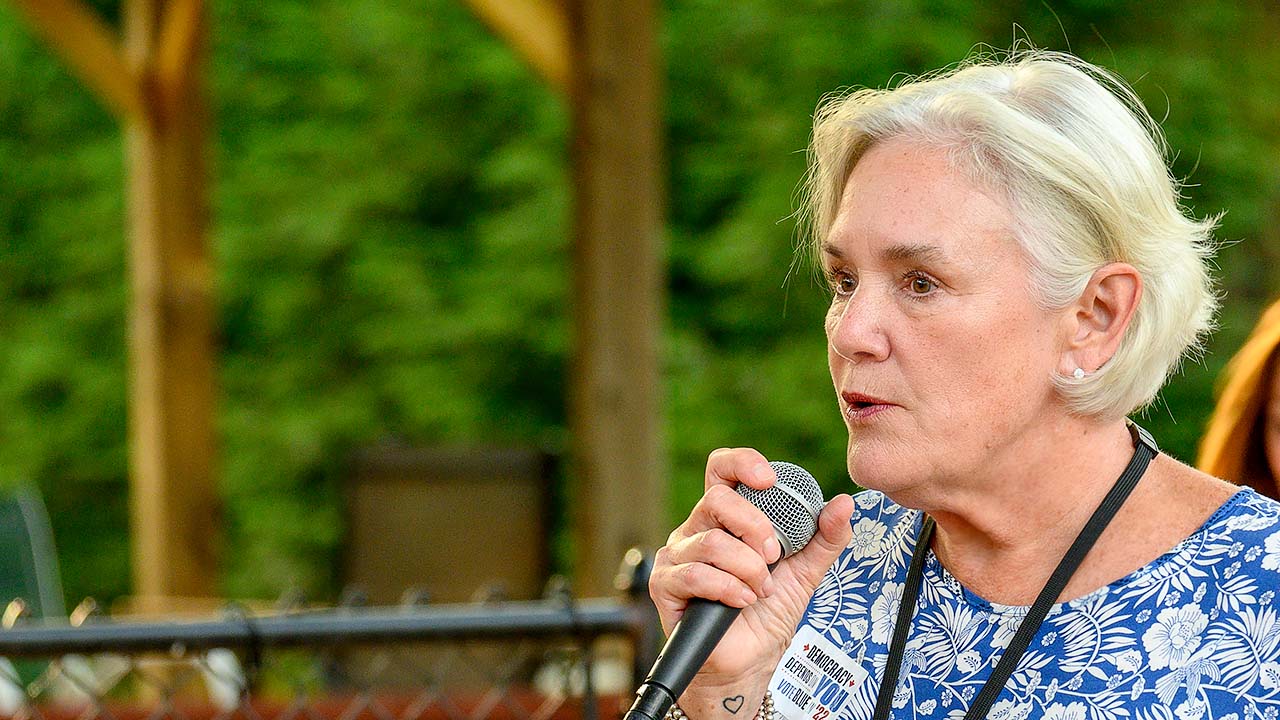It’s Time to Modernize Mental Health Care

As a licensed social worker for more than 20 years, I am aware that mental health impacts every area of social and political life. I have seen it in my work with children and adolescents in crisis, parents searching to find help for their children, students struggling to attain higher education, families coping with food insecurity, and in prevention and recovery for those dealing with the heartbreaking impact of gun violence.
There is no area of our lives left unaffected by mental health. It is intrinsically interconnected to our economy, our education system and society’s ability to thrive in the future. This is a crisis that has been growing continuously and silently, and post-pandemic it can no longer be ignored.
“Even before the COVID-19 crisis, behavioral health problems such as anxiety, stress, and depression were widespread, constituting a leading cause of diminished well-being and exacting an enormous toll in the form of absenteeism, reduced productivity, and increased healthcare costs,” reads the July 2020 McKinsey Quarterly.
That same year, the World Health Organization (WHO) reported that COVID pandemic triggers resulted in a 25% increase in depression and anxiety. And, the National Association of Social Workers predicted “that America would face the largest mental health crisis in its history.” Stating “we are in the midst of intersecting crises. Violence, homelessness, anxiety, depression, and suicide have skyrocketed, and behavioral health professionals cannot keep up with the high demand for mental health.”
We must act now.
Depression and anxiety have a significant economic impact; the estimated cost to the global economy is $1 trillion per year in lost productivity. According to the WHO, for every dollar put into scaled up treatment for common mental disorders, there is a return of four dollars in improved health and productivity.
After decades of work helping families navigate these realities, it has become clear that when we make mental health services accessible and openly employ early intervention techniques, we are making investments that will yield real results benefiting our work force and our community as a whole.
What can we do:
- Create license reciprocity to increase the numbers of providers
- Use technology and distance learning to increase access to certificate programs and increase interns under supervision in the field
- Create mental health care equity in access and treatment
- Establish health care parity for mental health coverage
- Increase access to mental health care in an in-home environment using wrap-around support for family and patient
It is time we normalize care, acknowledge that our communities thrive when their health needs are met, and create a system that works for our children, for our families, and for the future of our state.
